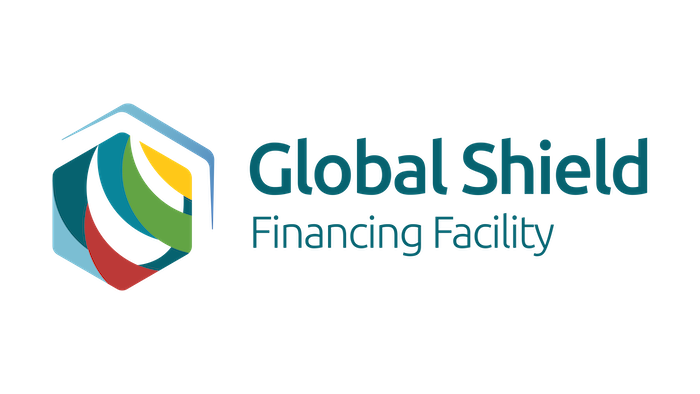Finance and insurance solutions The Global Shield Financing Facility (GSFF)
The GSFF was set up in order to enhance the financial resilience of vulnerable people in developing countries against natural disasters. It supports governments as they introduce risk financing tools to close coverage gaps. This facilitates earlier and more predictable reconstruction after disasters.
The GSFF builds on insights gained from the work of the GRiF:
- Protect the real economy against climate shocks. While it is important to develop sovereign financial solutions, resilient and sustainable development also depends on the protection of the real economy and especially its micro, small, and medium enterprises (MSMEs). Improving MSMEs' access to credit, including in the aftermath of a disaster, can help the economy, and ultimately the population, recover more quickly.
- Move from financial instruments to integrated financial strategies. As climate risks and other complex interlinked shocks are increasing, countries need integrated financial strategies to protect vulnerable populations. Such strategies combine policy reforms, cost-effective financial instruments, and appropriate delivery channels and systems to ensure rapid, targeted, and effective response and recovery after a disaster.
- Complement financial instruments with policy reforms. The design and implementation of financial instruments against climate shocks and disasters can support and incentivise policy reforms to strengthen climate adaptation and resilience.
- Facilitate access to private risk capital for recovery financing. The scale of resources needed to fund actions for climate change adaptation and recovery is immense. Private capital should be mobilised to effectively support the recovery.
- Engage with non-traditional partners. More and more public, private, and civil society actors are active in the field of climate and disaster risk finance. It is important to ensure that partner countries receive coordinated support to continue to implement policy reforms and customised financial instruments, complemented by risk reduction investments.
Financial insurance for vulnerable countries
By the end of fiscal year 2023, the GSFF had made available 348 million US dollars in pre-arranged finance support for World Bank projects in 18 countries. This has already benefitted 4.7 million people overall.
As at: 23/10/2024
